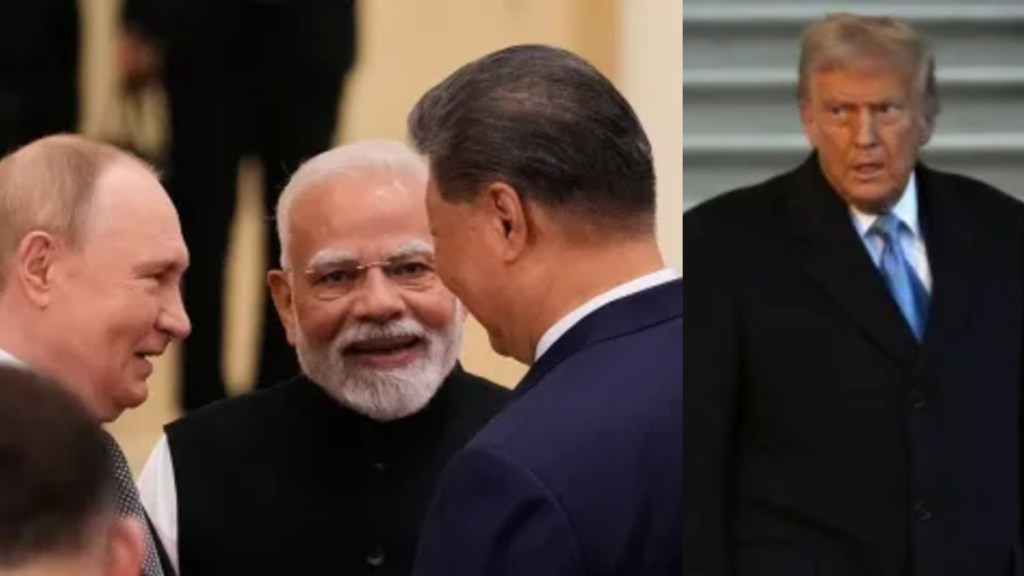Prime Minister Narendra Modi will not attend the BRICS online summit on Monday, with External Affairs Minister S Jaishankar representing India instead. The decision carries weight, coming just days after a notable exchange of warm messages between Modi and US President Donald Trump on social media. While the gestures hinted a thaw after months of tariff disputes, Modi’s absence signals that New Delhi remains cautious in its geopolitical approach.
India treads carefully with Washington
Despite Trump’s 50% tariffs, his approach towards India has softened in recent days. At the White House on Friday, he described Modi as a “great prime minister” and insisted the two nations shared a “special relationship.” Modi reciprocated on X, praising Trump’s sentiments and calling India-US ties “forward-looking.”
Yet officials in New Delhi remain wary. Unlike in the past, Modi avoided calling Trump a personal friend, suggesting a deliberate choice to keep expectations measured. Indian diplomats privately emphasise that while Trump’s comments are welcome, they do not yet signal a reset in India-US relations.
What is the online BRICS summit about?
The virtual summit, convened by Brazil, will focus on Donald Trump’s trade policies, particularly the steep 50% tariffs imposed on Indian goods. Trump has also threatened further sanctions on BRICS nations he accuses of pursuing “anti-American policies.” His administration has been particularly critical of India’s continued purchase of Russian oil, despite New Delhi’s insistence that its energy decisions are guided by national interest.
Commerce Secretary Howard Lutnick recently branded India’s stance “ridiculous,” urging New Delhi to “pick a side.” Finance Minister Nirmala Sitharaman countered firmly, saying India would continue sourcing Russian oil based on what “suits us best.”
Xi and Putin to lead
China has confirmed that President Xi Jinping will deliver an “important speech” at the virtual summit, highlighting Beijing’s determination to rally BRICS against unilateral trade measures. Russian President Vladimir Putin will also participate, highlighting Moscow’s interest in strengthening ties within the bloc amid continuing sanctions.
Brazilian President Luiz Inácio Lula da Silva, who convened the meeting, has framed it as an opportunity for major emerging economies to defend multilateralism against Washington’s unilateral actions. South Africa will also be represented, ensuring full BRICS participation.
Last week’s Shanghai Cooperation Organisation summit in Tianjin offered a striking visual of shifting global dynamics. Modi was pictured alongside Xi and Putin, with the three leaders laughing and holding hands. The images prompted Trump to complain on social media that “we’ve lost India and Russia to deepest, darkest China.”
Such optics, combined with BRICS’ growing cooperation, have heightened Washington’s concerns that New Delhi may drift further from US influence, even as it tries to preserve strategic autonomy.
What to expect from the summit
Monday’s online BRICS summit will begin at 8 a.m. ET and last just a few hours. Leaders’ speeches will not be open to the press, and no joint statement is expected, leaving it to individual capitals to decide whether to release their remarks.
India will assume the rotating BRICS chairship in 2026 and host the bloc’s 18th leaders’ summit.

